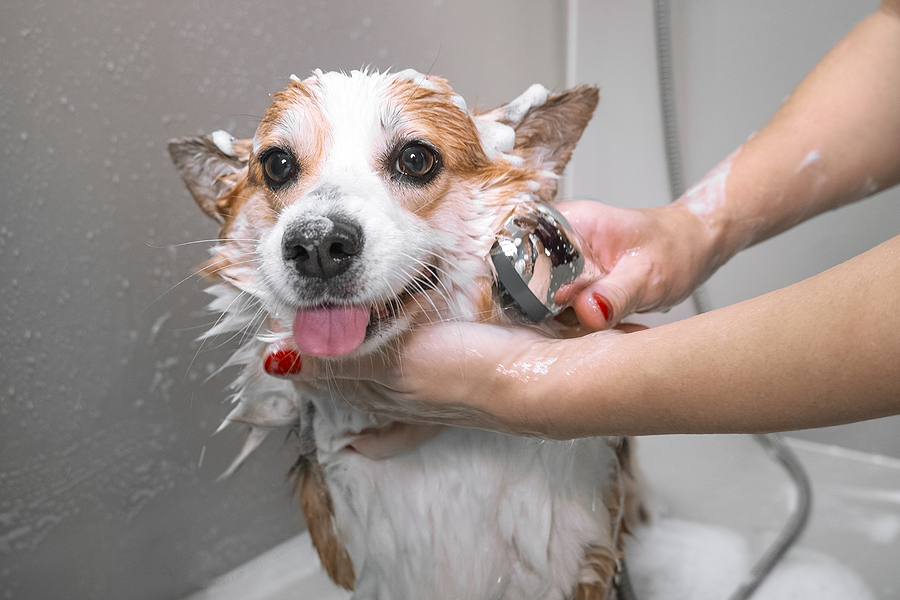What behaviors of dogs should be concerned?
Advertisement
1. Blood in the vomit

Advertisement
Blood in the vomit is a serious symptom that should be addressed by your veterinarian. Commonly referred to as hematemesis, this condition can be caused by many different things in dogs.No matter the cause, blood in a dog's vomit is never normal.
2. Painful drooling

Drooling can be caused by several medical conditions, such as mouth injury, certain infections and foreign objects in the mouth. Furthermore, it may indicate liver or kidney disease - so it's essential to see a veterinarian right away for an assessment.
3. Blood in the urine

Blood in the urine is an alarming symptom and could indicate your dog has a serious medical issue.One of the most frequent causes of blood in your dog's urine is a urinary tract infection (UTI). This bacterial infection can cause inflammation in both their bladder and kidneys, leading to blood in their pee.Another common cause of blood in the urine is stones that form in either the bladder or kidneys. These jagged stones can irritate and inflame the urinary tract, leading to bloody-colored urine.
4. Abdominal pain

Your pet may experience abdominal pain, which could be coming from the stomach, intestines or other organs. It could be parietal pain (resulting from irritation to the peritoneum lining) or visceral pain (originating from issues within the abdominal organs themselves).If your dog is experiencing bloating, this could be a serious medical emergency and should be taken to the vet immediately. If they have gastric dilation volvulus, trapped gas could stretch their stomach, twisting internal organs and restricting blood flow.
5. Dehydration

If your pup has been vomiting for an extended period of time or has developed diarrhea along with his vomiting, this could be indicative of dehydration. Dehydration is a serious condition that could result in organ failure and even death.Puppies are particularly vulnerable to this condition, since they haven't received all their vaccinations yet and their small bodies cannot retain as much fluid as larger dogs can.Dehydration in dogs usually can be reversed with fresh, cool water administered promptly. However, if your pup is vomiting or showing signs of being severely dehydrated, seek immediate emergency vet care for assistance.
You May Like
Advertisement









